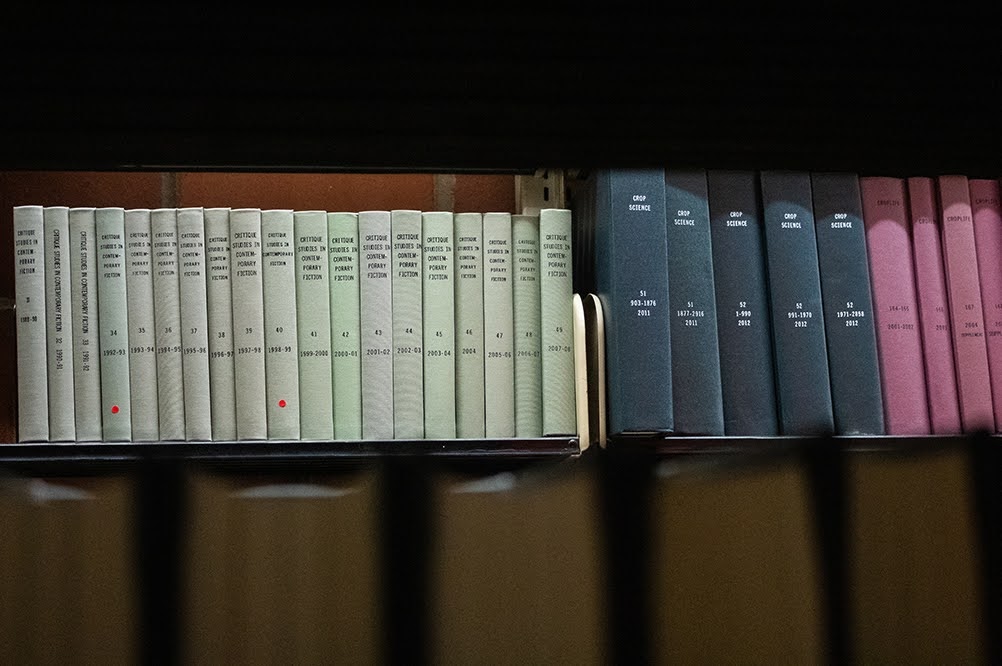On Oct. 22 from 6 to 7:30 p.m., the Maine Humanities Council hosted “Poetry Express with Samaa Abdurraqib” in partnership with the Maine State Library and Family Violence Project Maine to spread awareness of domestic violence and implications of cultural trauma within a welcoming community. This event was live streamed on Facebook on the Family Violence Project Maine, Maine Humanities Council and Maine State Library pages as well as held over Zoom.
The event was structured in two parts, in the first, each featured poem was displayed with each host reading along, and in the second, readers performed directly to the audience, revealing original poetry among poems by others. In both parts, each poem was repeated after a brief interlude, filled with reader dialogue and silent reflection. The event concluded with a Q & A session to address both writing and relevant themes.
Beginning “Poetry Express,” Abdurraqib shared “In Response to a Body Poem,” as a poem written at the end of this past summer in response to “A Body as a Home,” a poem by a fellow writer. Abdurraqib’s poem carried her audience through cultivating skills, building oneself up and anew for someone else, followed by a strong extended metaphor of a body as a house.
The next poem Abdurraqib read, “Medicine,” brought up feelings of resilience, community and gratitude for those in the Black community. Strength in repetition, the latter half of “Medicine” declared beliefs in culture, man and hope for the future, ending with “sometimes chanting is a reminder, sometimes people are medicine.”
Following Abdurraqib’s two poems, the stream then moved to the reader section which began with Pearle Williams reading “Recovery” by Red Hawk. Carolyn Brady, 2019 Miss Maine, then read “How to Draw a Map” by Patrick Hicks, captivated by the notion of the author’s “revelation with respect to who creates our story, and who has the power to author the path that was set before we arrived.”
Kristin Plummer then read “Healing” by Karin Spitfire, an extended metaphor of knitting as healing, dropping a stitch somewhere along the way, then picking it back up as the healing process begins. Michelle LeClair followed by reading “Broken Bow” by Thomas Carper noting the poem’s hopeful tone and natural persistence as an example to humankind.
Reader Cliftine then presented “Terminal Moraine” by Leonore Hildebrandt, a University of Maine lecturer of English and author of books and many poems, noting the poem’s transition from being “on-edge” to healing with a lapse of this tension in the final line.
The first reader portion concluded with Melanie Beaulieu reading “Reservation Strife” by Red Hawk. Written from the perspective of a woman building a life on her American Indian reservation in the face of hardship. Beaulieu spoke to the poem’s devastating truth regarding domestic violence both in her work and personal experiences growing up on an Indian reservation.
To end part one and begin part two, Abdurraqib read “Little Things” by Samara Cole Doyon.
Reading in the same order as part one, Williams began with “A Platform for Healing,” a poem about battling cancer, Williams discussing her grandmother’s personal battle with cancer, finding comfort in her chosen poem. Brady then read an original work, “I Apologize,” taking the opportunity to recognize a “naysayer’s voice,” and the danger of ignorance within domestic violence.
Plummer continued with “She Says” by Corinne Spitfire, picked with an admiration of the natural imagery and the renewal that can be found in order. LeClair then read “A Box Full of Darkness” by Carol Willette Bachofner, examining perspective in terms of someone leaving another versus those who have been left, necessitating choosing oneself when found in darkness.
Reader Cliftine continued by showcasing “Open Season” by Katherine Hagopian Berry, a haunting, hopeful poem picked for both her daughters and those who have them. Beaulieu finished with “On Leaving Home” by Gibson Fay-LeBlanc, chosen for the exciting combination of words, bouncing from slant rhyme to careful pause until its conclusion.
To end part two and begin the Q & A portion of the Poetry Express, Abdurraqib read three original short poems, the first “Refuge Poem: Second in a Series,” and the second two as “imagining [Abdurraqib] as a younger person,” “This Balloon” and “Tight Spaces.”
The concluding Q & A section featured both general questions for all featured readers and specific questions for individuals, covering topics such as work selection and the dichotomy of performing other’s poetry versus being the listener.
The next scheduled event hosted by the Maine Humanities Council will take place virtually on Oct. 29 from 6 to 7:30 p.m. in partnership with the Norway Memorial Public Library as “Confronting Our Biases: A Reading and Discussion About Race.” To find more information on this event and similar happenings in the future, please visit mainehumanitites.org or the Maine Humanities Council Facebook page, @mainehumanities.










